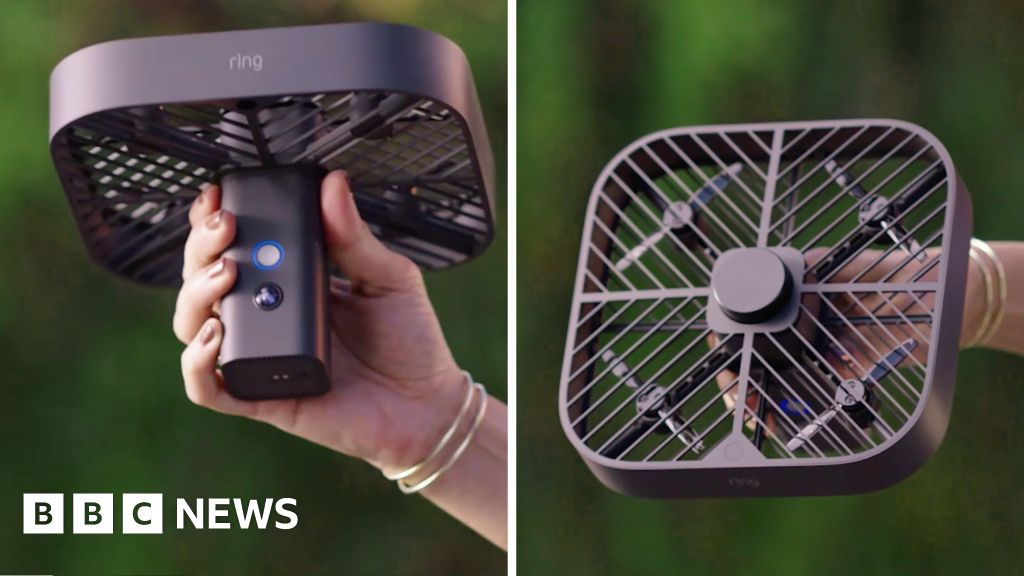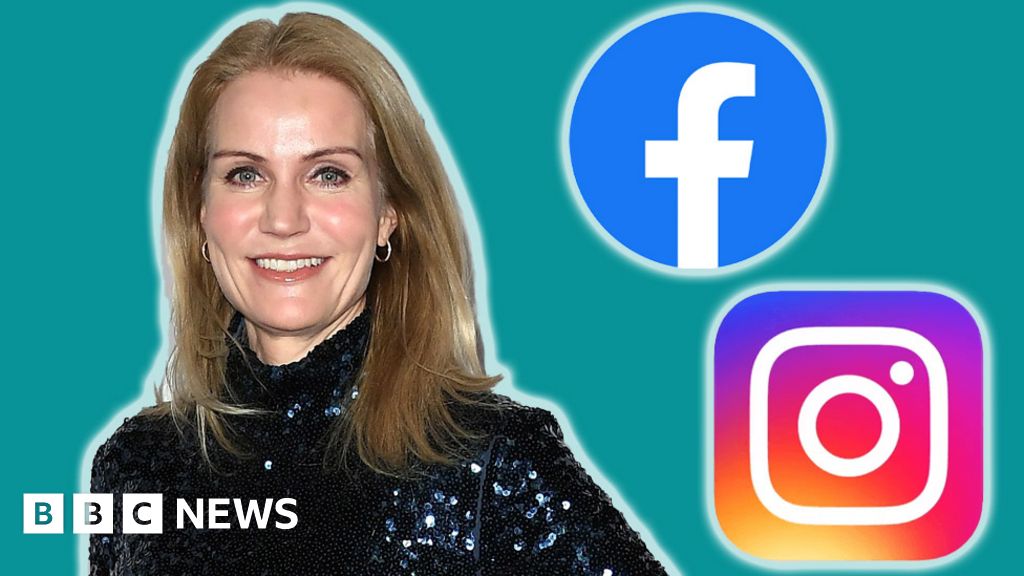Published2 minutes ago
image copyrightGetty Images
Facebook's India executives have been grilled by a parliamentary committee over allegations of political partisanship and hate speech.
The social media giant is accused of going easy on ruling BJP supporters who allegedly violated hate speech rules.
But the BJP is also irked with Facebook - it has accused it of bias against Prime Minister Narendra Modi.
The company denies the allegations, but the row puts it in a precarious position in its biggest market.
The app is hugely popular in India, with more than 300 million users - and so is its messaging platform, WhatsApp, which has 400 million users.
The parliamentary committee's closed-door hearing lasted several hours. There were no immediate details of what had been said.
The allegations against Facebook first appeared in a report by the Wall Street Journal (WSJ) last month. The company insists that it doesn't allow hate speech on its platforms.
"We prohibit hate speech and content that incites violence and we enforce these policies globally without regard to anyone's political position or party affiliation," Facebook told the BBC in an email recently.
But the WSJ investigation immediately sparked calls for an inquiry, leading to Wednesday's parliamentary hearing. Facebook's head of business for India, Ajit Mohan, is expected to appear before the 30-member committee.
The committee has members from all political parties but it is led by Shashi Tharoor, an outspoken MP from the main opposition Congress party.
The closed-door hearing will cover Facebook policies on "safeguarding citizens' rights" and preventing the "misuse of social/ online news media platforms" among other things.
What are the allegations against Facebook?
The company is accused of allowing anti-Muslim rhetoric and other content on the platform, in what the WSJ said was favouritism towards the Bharatiya Janata Party (BJP).
The report said that Facebook deleted some anti-Muslim posts by a BJP lawmaker only after the paper asked about them. It also alleged that similar posts by at least three others, who supported the BJP, were not taken down even after they were flagged for violating the company's hate speech rules.
image copyrightGetty Images
image captionWhatsApp alone has more than 400 million users in IndiaAt the centre of the allegations is the person who allegedly made the decision not to delete these posts - Ankhi Das, Facebook's top public policy executive in India.
According to the paper, Ms Das told employees that "punishing violations by politicians from Mr Modi's party would damage the company's business prospects in the country".
Ms Das is the subject of a second report by the WSJ, published over the weekend, which alleges that she supported the BJP and Mr Modi, while denigrating the opposition parties in internal messages.
Facebook, however, denied it favoured any political party, and said these messages were taken out of context.
What does this mean for Facebook?
It's unclear what will be the result of the hearing. But the lack of clear Indian laws that regulate such global platforms makes any sort of enforcement hard.
What also complicates matters is the growing influence of social media in elections - Facebook and WhatsApp, especially, play a huge role in Indian politics. Parties, lawmakers and aspiring leaders all use the platforms to mobilise voters, whip up fervour and even shape opinion.
image copyrightGetty Images
image captionIndia is one of the biggest markets for mobile phone appsBut Facebook's reputation has certainly taken a further hit, as it continues to struggle with similar allegations in other countries. And the storm that is brewing is just the latest in a series of controversies that have marred Facebook's reputation in India, a lucrative market where it hopes to expand.
The company has previously been accused of doing too little to curb fake news and rumours, including those on WhatsApp that were linked to public lynching of some people. And before that, its plan to offer free internet to Indians was stopped by the government after a public outcry alleged that it violated net neutrality.
What are political parties saying?
India's IT Minister Ravi Shankar Prasad wrote a letter to Facebook CEO Mark Zuckerberg on Tuesday, accusing its employees of "abusing" PM Modi and other senior cabinet ministers.
He also said that he had learnt that Facebook had made a "concerted effort" to reduce the BJP's reach in the run up to the 2019 election.
image copyrightGetty Images
image captionBoth the BJP and the Congress have written to Mark ZuckerbergThe main opposition Congress party has also written to Mr Zuckerberg, accusing his company of "thwarting the rights and values India's founding leaders had sacrificed their lives for".
A second letter said the party was considering "legislative and judicial action" to make sure "a foreign company cannot continue to cause social disharmony".

 5 years ago
1125
5 years ago
1125 

